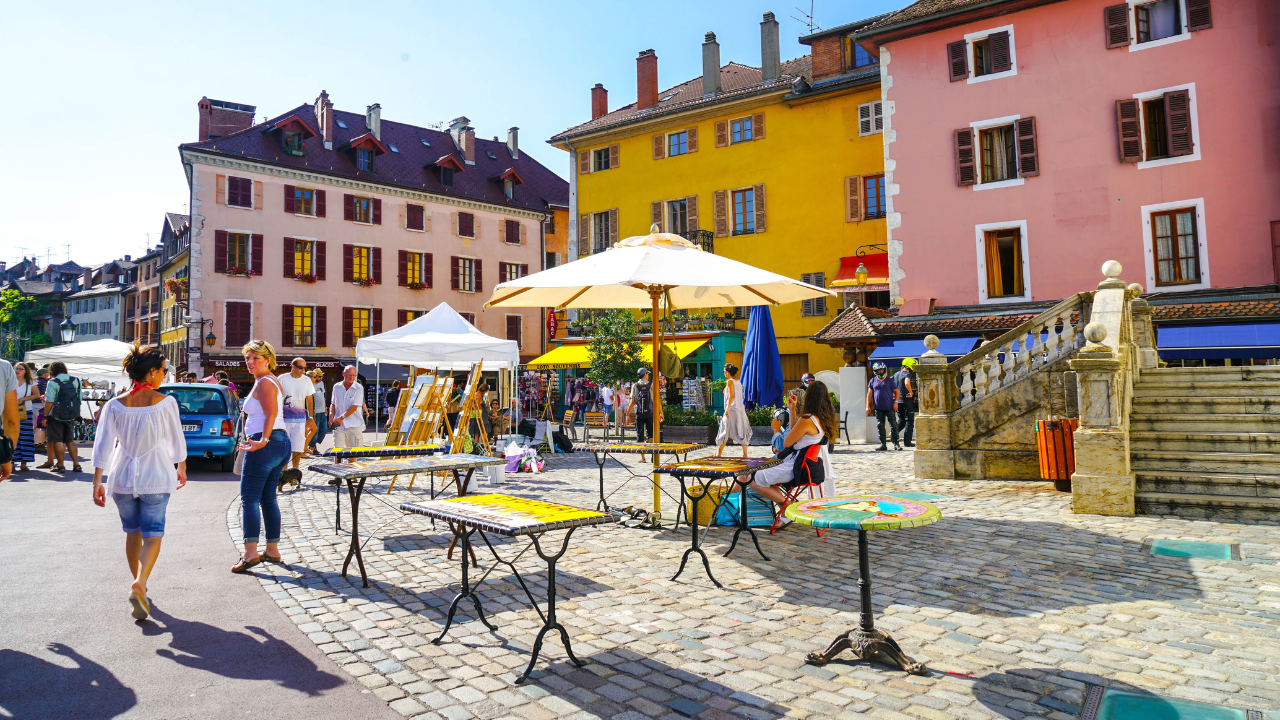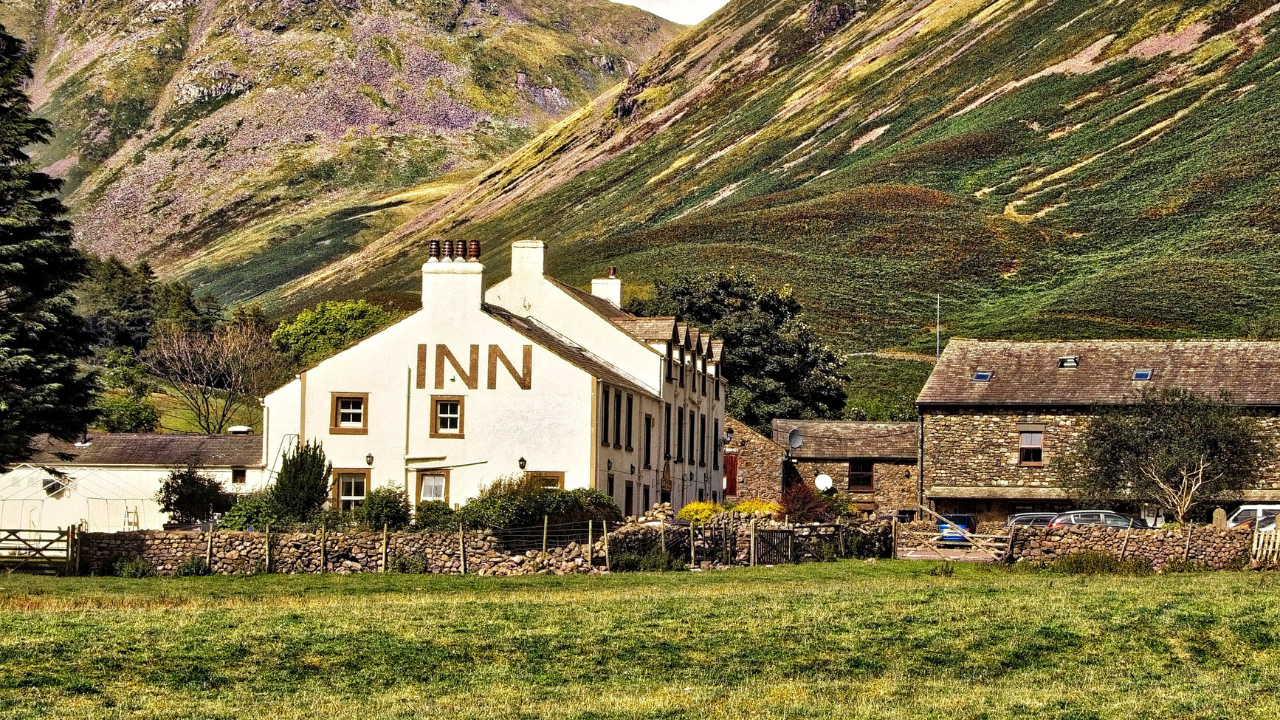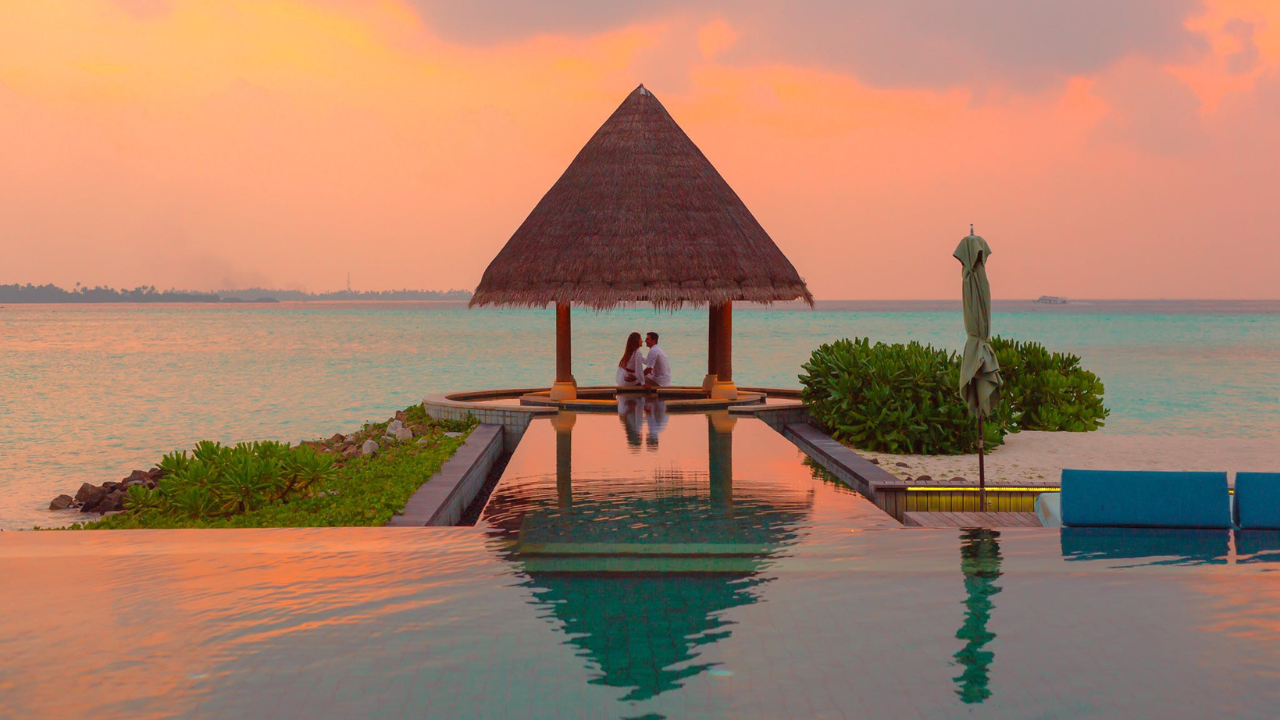Resort vs Hotel: What Is the Difference?
Share this post

Embarking on a getaway comes with the exciting task of selecting the perfect accommodation.
As a traveler, choosing between a flashy inner-city hotel and a dreamy Caribbean beach resort can be a tricky decision; it all depends on the purpose of your trip. Are you attending a conference in the city center and need a comfortable place to stay? Or is it finally time for that long-awaited family vacation? Perhaps you’re planning to explore your destination or seeking a relaxing poolside getaway.
For hoteliers, however, the resort vs hotel difference depends on several factors. These include the location, amenities, meals, special services provided, and the type of guests you attract. In the section below, we explore these differences.
What Is the Difference Between a Resort and a Hotel?
Hotels and resorts have distinct differences in the services and amenities they offer to their guests. Resorts are considered to be all-encompassing vacation destinations that provide vast grounds and a plethora of sports and leisure facilities for visitors to explore in a natural setting. They offer a luxurious holiday experience with facilities such as spas and recreational centers.
On the other hand, hotels are a comfortable lodging option in a specific area, providing convenience and basic amenities to travelers.
What Is a Hotel?
Hotels are establishments designed to provide sleeping accommodations for travelers. Some hotels cater to a specific clientele, such as business travelers, and may include conference rooms and event spaces. Once reserved for resorts, these features have become more common across the hotel industry. No matter the size of your hotel, one essential need is that you’ll require the best
hotel management software to help you manage your operations.
Staying at a hotel may sometimes require guests to leave the property to access certain amenities they need, which can be inconvenient. However, some hotels are situated in the heart of the city, making it easier for guests to reach the necessary amenities.
What Are the Different Types of Hotels?
Let’s delve into the different types of hotels and how they’re categorized, from star ratings to the purpose of stay.
1: Independent Hotels
Independent hotels are owned and operated independently, meaning they’re not tied to any major brands or chains. These hotels emphasize creativity, authenticity, and uniqueness, all in the name of delivering a personalized and unforgettable experience.
2: Chain Hotels
Chain hotels are part of a larger group of hotels operated by the same company. They are known for providing consistent quality and amenities while maintaining a unique brand identity. While some chain hotels may share the same name, they can vary in the type of accommodation they provide, such as
hostels
,
bed and breakfasts
,
lodges,
etc, and they may be situated in different locations. The best software solution for chain hotels is
multi-property management software
.
3: Motels
The term “motel” dates back to the 1920s, a time when travelers needed a cost-effective and convenient place to rest during their long journeys; it combines the words “motor” and “hotel.” These establishments were specifically designed to cater to the needs of motorists, who desired a simple and easy-to-access place to stay overnight.
Typically,
motels
are situated along highways and major roads and have a unique layout where rooms can be accessed from outside. Motels usually feature one to two stories, and travelers appreciate their affordability and practicality.
4: Inns
Individuals or families usually own these cozy and inviting accommodations that offer a warm and homely atmosphere, making you feel right at home. While inns may not have as many in-room amenities as larger hotel chains, you can still expect to enjoy the basics, such as in-room coffee, Wi-Fi, and a delicious breakfast to start your day.
5: 1-star hotels and 5-star hotels
Five-star hotels are the epitome of luxury and comfort in the hospitality industry. These hotels offer exceptional services, amenities, and convenience to their guests. You can expect various complimentary services such as TV with streaming services, plush robes and slippers, room service,
housekeeping
, fine dining restaurants, concierge, spa, fitness facilities, and many more services that they
upsell
. These facilities are designed to ensure an unforgettable experience at a five-star hotel.
One-star hotels offer basic accommodations and minimal staff service, making them an excellent option for budget-conscious travelers. While amenities are limited, they provide a comfortable place to rest and store your belongings.
What Is a Resort?
Resorts are truly a vacationer’s paradise. They offer an array of amenities that surpass those of hotels, making them a destination in their own right. From sumptuous dining options to exciting entertainment, shopping, and recreational activities, there is something for everyone. Resorts often have a unique theme that adds to the overall experience. You can find them in scenic settings like ski resorts; some are hidden in a lush rainforest or on a breathtaking white sand beach.
What Are the Different Types of Resorts?
Resorts can differ in their location, size, and the recreational activities they offer. Here are the different types below:
1: Wellness resort
Wellness and recreational resorts offer leisure activities and relaxation, such as golf, swimming, spa treatments, skiing, yoga, fitness, and meditation. These resorts can effectively increase your Total Revenue Per Available Room (
TRevPAR
), as they often offer additional services that guests can use. Wellness resorts are typically located on the outskirts of cities, providing ample space, tranquillity, and a natural environment.
2: All-inclusive resort
All-inclusive resorts provide guests with various services and comforts, all included at a fixed rate. These may include meals, drinks, pools, water-based activities, spa and fitness centers, childcare facilities, and group activities. These services are included in the initial price, so your guests can enjoy them without worrying about extra charges.
3: Beach resorts
Beach resorts are precisely what they sound like — resorts situated on or near the beach. They have the advantage of an exclusive location on the waterfront with stunning views, allowing you to access the beach just a few steps from your room. These resorts generally offer watersports as their primary activities; however, pools and wellness facilities are also popular.
4: Family resorts
Family resorts are designed to cater to the needs of families, with a focus on providing services that offer the best entertainment and support for both parents and children. Some family-centered resorts may even have an amusement park located on the property. You can also expect to find childcare facilities, activities, and entertainment options. The rooms are designed specifically with families in mind, featuring plenty of adjoining rooms, bunk bed rooms, or even a family suite. Dining options are also family-oriented, offering child-friendly menus or even themed restaurants specifically geared toward kids.
5: Eco-friendly resort
Eco-friendly resorts prioritize sustainability by relying heavily on the natural environment and minimizing their environmental impact and carbon footprint. These resorts operate environmentally friendly and sustainably, utilising solar power, rainwater tanks and promoting green initiatives and projects in their service offering. Guests who choose
eco-friendly
resorts do so to contribute to the community and advocate for an environmentally friendly lifestyle.
Simplify Your Hotel and Resort Operations With RoomRaccoon
Hotels and resorts can benefit from using RoomRaccoon’s all-in-one platform, which enables them to streamline their operations, save time, and focus on enhancing guest experience. The platform offers a centralized management system that enables managing the entire property from one central hub, including hotel front desk software, booking engine, and hotel reservation software.
By automating daily tasks such as room allocations, housekeeping schedules, and guest communications, hotels can gain more control and improve their business performance. RoomRaccoon’s solution can help businesses improve the guest experience and increase revenue potential, resulting in a 41% increase in Revenue Per Available Room (
RevPAR
), as seen at
Forum Homini
. Book a demo with us to take your hotel or resort to the next level.
Follow us
Sini. M
Sini is an accomplished Content Manager at RoomRaccoon. As an agency-hailed talent, her work brings a fresh creative flair to the world of SaaS. And she brings her very own brand of sass to the SaaS world. While not on the clock, Sini enjoys a glass of fine wine, and well, her privacy.
Related Posts
Subscribe to our newsletter for more on the latest hospitality & RoomRaccoon updates delivered straight to your inbox!









